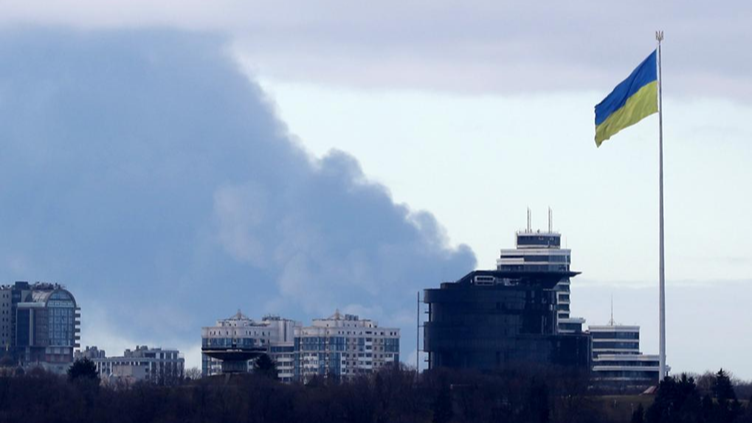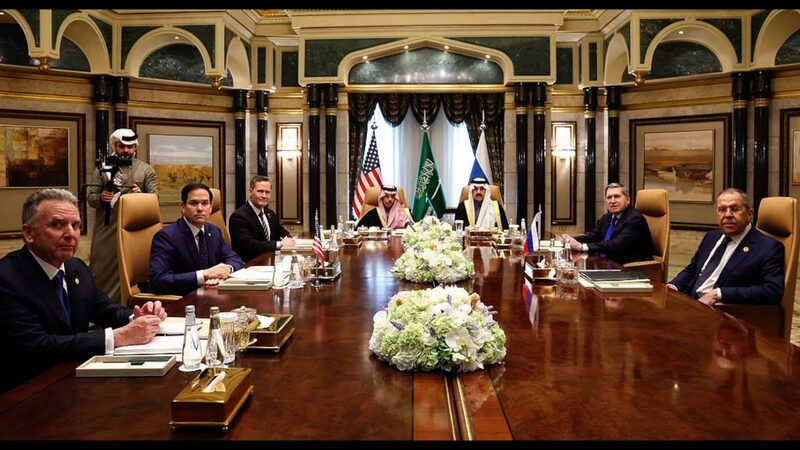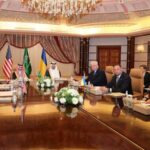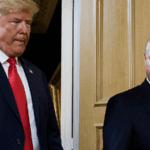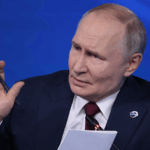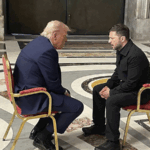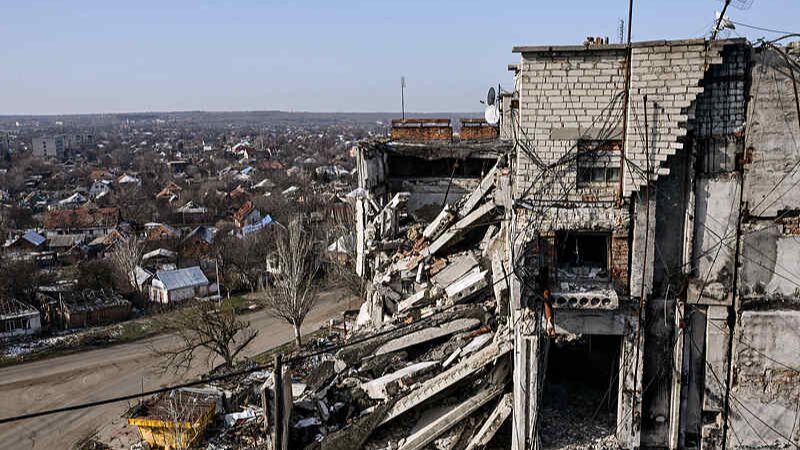U.S.-led peace talks in Saudi Arabia aimed at ending the Ukraine conflict have ignited international debate, with European allies and Kyiv raising alarms over their exclusion from negotiations. While Washington called the dialogue with Russian delegates 'productive,' critics argue sidelining key stakeholders risks undermining lasting solutions. 🕊️
President Trump’s push to resolve the war aligns with his 'America First' doctrine, prioritizing swift resolutions to refocus on domestic priorities. But his bilateral approach—echoing historic deals like the Yalta Conference—has drawn comparisons to top-down diplomacy that sidelines affected nations. 🗺️
European leaders, already stung by VP J.D. Vance’s claim that Europe’s 'greatest threat is the enemy within,' scrambled to Paris for crisis talks. Meanwhile, Ukrainian President Zelenskyy fired back: 'We won’t recognize agreements made without us.' 🇺🇦
Secretary of State Marco Rubio downplayed expectations, calling the talks 'just the beginning.' Yet the move highlights growing fractures in global alliances as nations grapple with trust deficits and competing priorities. 💥
With Trump racing to cement his legacy, the world watches: Can high-stakes diplomacy deliver peace—or will it deepen divides? 🔍✨
Reference(s):
U.S. approach to Ukraine peace talk sparks controversy and uncertainty
cgtn.com
